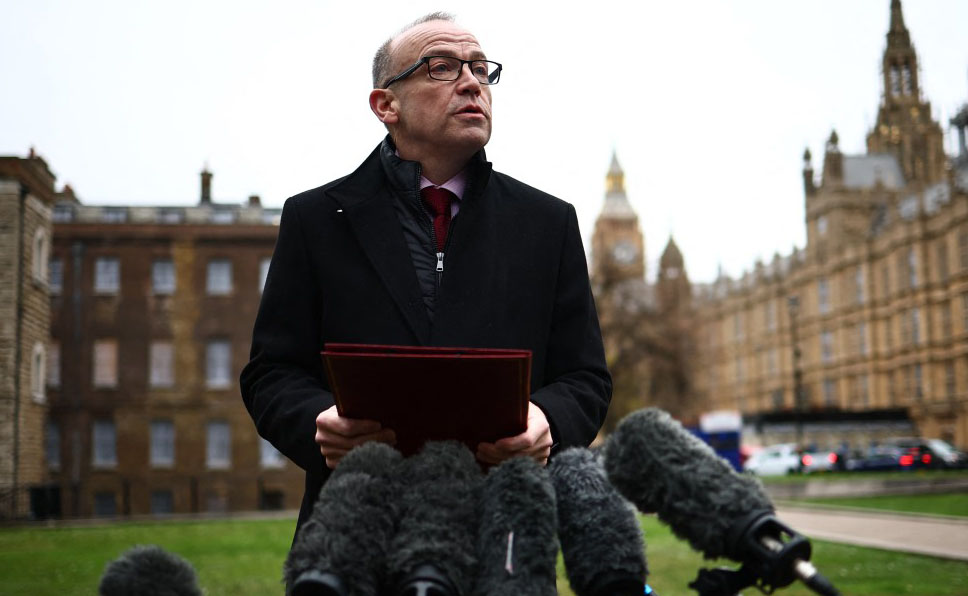
Northern Ireland’s lawmakers on Saturday restored its devolved assembly after a two-year hiatus, paving the way for a power-sharing government led for the first time by a pro-Irish unity nationalist.
In a special sitting to restart the Northern Ireland Assembly after the biggest pro-UK party ended its boycott, lawmakers were set to nominate Sinn Fein’s Michelle O’Neill as first minister in a historic step for the UK territory.
The session, which follows the Democratic Unionist Party (DUP) ending its walkout after striking a deal with the UK government over post-Brexit trade rules, will also see a deputy first minister and other ministers appointed.
Under the 1998 Good Friday or Belfast Agreement that ended three decades of sectarian violence over British rule in Northern Ireland, the first minister and deputy first minister posts are equal.
But the appointment at the Stormont assembly of a Roman Catholic pro-Irish unity first minister in a nation set up as a Protestant-majority state under British rule is hugely symbolic.
It not only reflects Sinn Fein’s position as Northern Ireland’s biggest party but also shifting demographics, since the island of Ireland was split into two self-governing entities in 1921.
“This is an historic day. It is about the future,” O’Neill said on X, formerly Twitter, hours ahead of her swearing-in.
“As a First Minister for All, I am determined to lead positive change for everyone, and to work together with others to progress our society in a spirit of respect, cooperation, and equality.”
Follow our socials Whatsapp, Facebook, Instagram, Twitter, and Google News.








